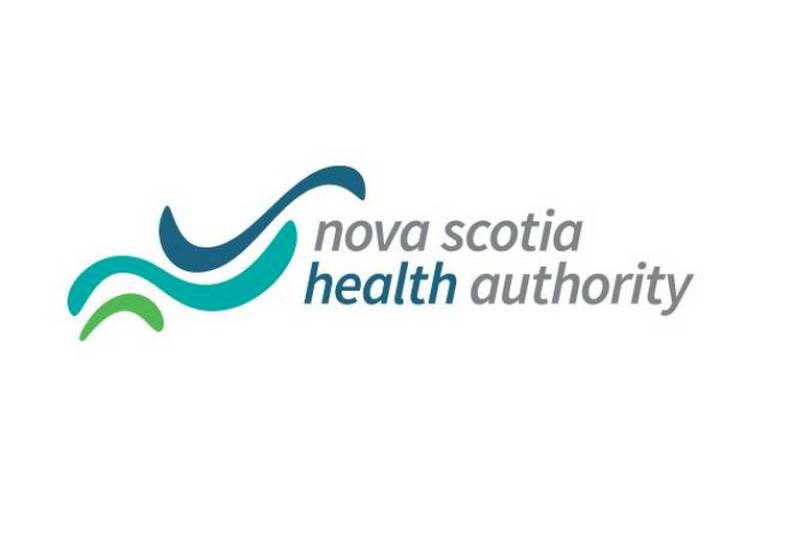Public Health is investigating a suspected case of meningococcal meningitis in the Western Zone of Nova Scotia. The person, who attended Saint Mary’s University, passed away in hospital this weekend.
Public Health has already identified and been in contact with those who may have been directly exposed to the person.
“At this time there is no indication of increased risk to the general public or the Saint Mary’s University community,” said Dr. Jesse Kancir, Regional Medical Officer of Health. “Bacterial meningitis is not spread through casual contact, such as sitting next to or talking with someone who is sick with the disease.”
The bacteria that can cause meningococcal disease are spread by direct secretions from the nose and mouth through activities such as kissing, and sharing food, drinks, water bottles, toothbrushes, eating utensils, cigarettes and other smoking products and devices.
“Public Health’s focus has been on identifying and contacting those who have been directly exposed so they can receive prophylactic antibiotics to prevent further spread of the disease. No other cases have been identified at this time,” Kancir said.
There is no vaccine that protects against all causes of meningococcal meningitis. Nova Scotia’s publicly funded vaccine program currently provides monovalent meningococcal C vaccine at 12 months of age and as part of the Grade 7 school immunization program with the quadrivalent meningococcal A, C, Y, W135 vaccine.
Currently, the meningococcal B vaccine is not part of the publicly funded vaccine program in Nova Scotia but is available to those who are identified as having close contact with a meningococcal case or are at higher risk of meningococcal disease.
Symptoms may include fever, headache, stiff neck, rash, sensitivity to light, and changes in level of alertness. Public Health recommends seeking medical attention immediately if you become ill with any of these symptoms. More information about the disease is available at https://novascotia.ca/dhw/CDPC/meningitis.asp
Anyone concerned they may have been directly exposed can contact Public Health toll-free at
1-844-856-3677.
Source: Release

